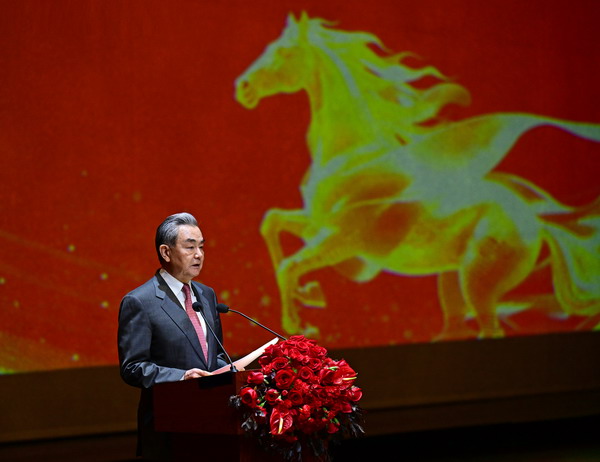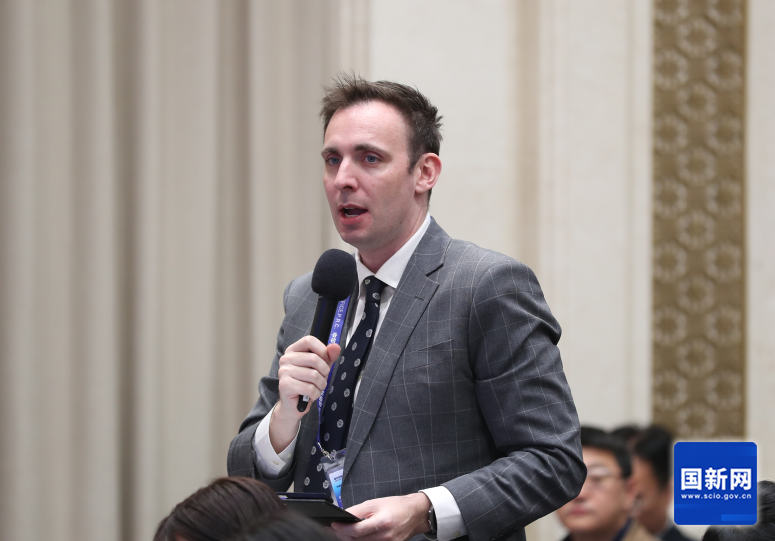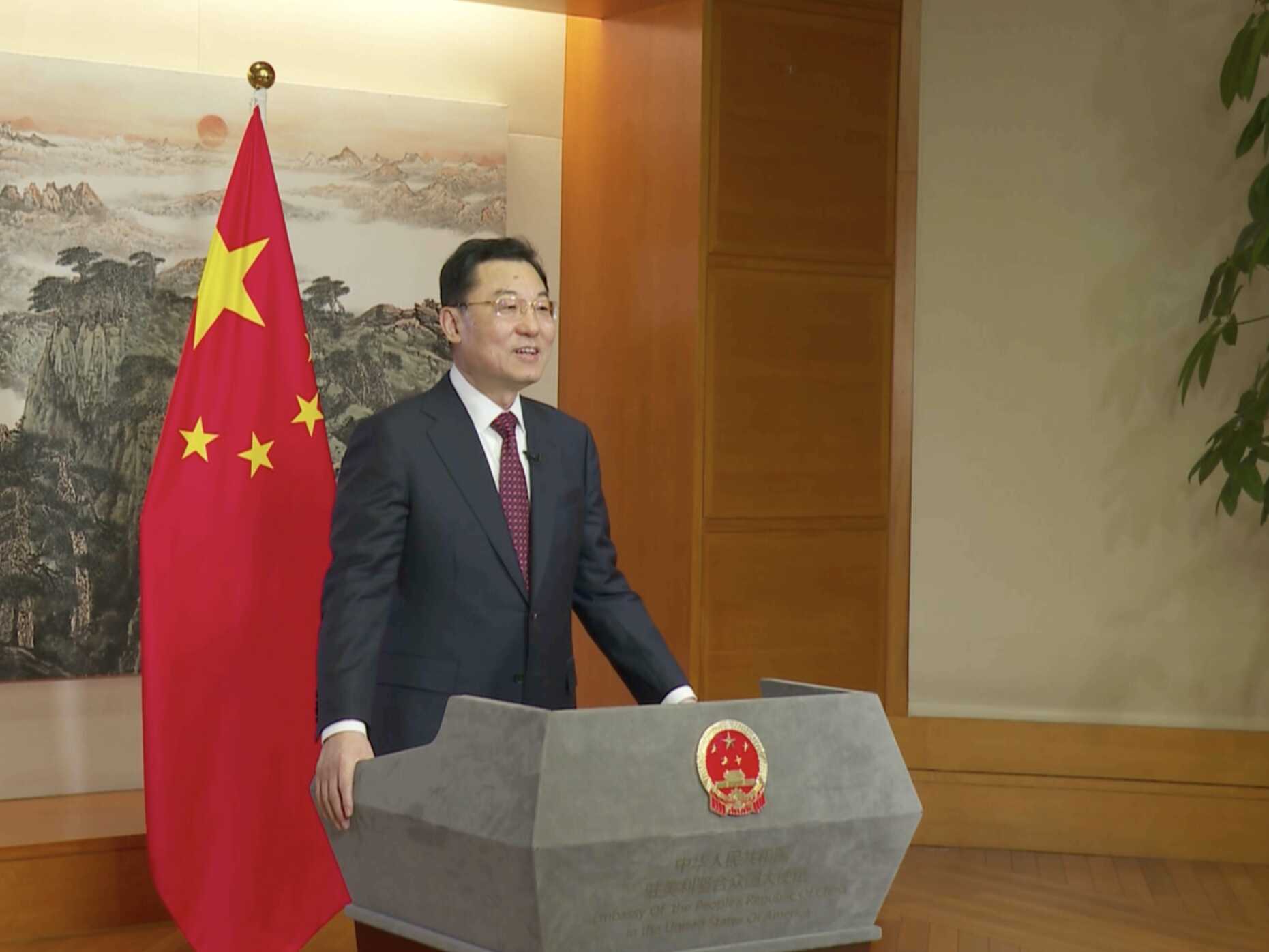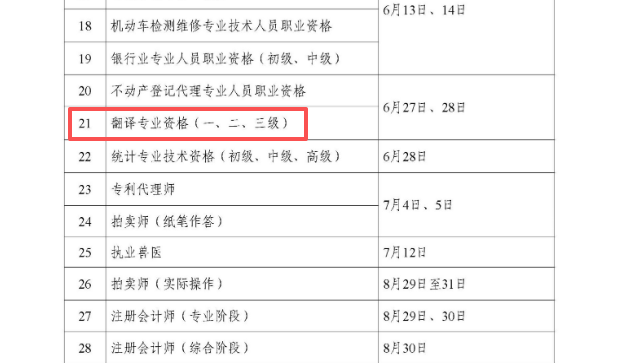CATTI-题库-真题-模拟-课程-直播
 网络
网络
 2025-07-23
2025-07-23

 975次
975次

英译汉第一篇:优质基础设施投资 (IMF 2019年讲话)
Keynote Address at the Fifth Tokyo Fiscal Forum Mitsuhiro Furusawa, IMF DeputyManaging Director (Excerpt)
2019.11.19
On behalf of the IMF, I am very pleased to welcome you all to the 5th Tokyo Fiscal Forumand to the intensive fiscal policy discussions over the next two days. This year’s Tokyo Fiscal Forum will discuss two important topics, Quality Infrastructure Investment—QII—and population aging. Let me focus my remarks on QII, which is today’s topic, and has been a key initiative of this year’s Japan G20 presidency. Indeed, the QII initiative received the full support of all G20 members. The IMF has been a strong supporter of the renewed focus on “quality” aspects of infrastructure investment.
我谨代表国际货币基金组织,诚挚欢迎各位出席第五届东京财政论坛,并参与接下来两天紧凑而深入的财政政策研讨。本届论坛聚焦“优质基础设施投资”(QII)与人口老龄化两大关键议题。今天我将重点阐述QII——这一日本G20主席国今年的重磅举措,已获得所有G20成员国的一致支持。国际货币基金组织高度赞同并鼎力支持将“质量”维度重新置于基础设施投资的核心考量。
Let me tell you why we believe this is an important policy issue. As you would probably agree, infrastructure investment needs are large almost everywhere. And overcoming infrastructure bottlenecks—for examplepoor roads, unreliable electricity networks, and sub-standard public education facilities—is a top policy priority for achieving sustainable economic growth and development. Good quality infrastructure is also important to mitigate the impact of natural disasters and climate change. Severe flooding and loss of life caused by recent typhoon here in Japan underline the importance of good infrastructure once more. Yet, many countries have limited fiscal space to address competing fiscal needs in light of increasing debt. Therefore, they cannot increase their infrastructure spending as much as they would like. So instead of just spending more, countries have to spend better.
我要说明一点,为何我们认为这是一个重要的政策议题。基础设施投资需求之殷切,几乎无处不在。要破除基础设施瓶颈——如道路不畅、电网不稳、公共教育设施落后——是实现可持续经济增长和发展的当务之急。优质基础设施亦是抵御自然灾害和气候变化冲击的“压舱石”。日本近期台风所致严重洪涝和人员伤亡,再次警示我们完善基础设施的刻不容缓。然而,债务负担不断攀升,许多国家财政空间受限,难以结合实际大幅增加基建支出。因而,与其一味“多掷银两”,各国更应“巧用银两”以提高支出效益。
The key to spending better is to improve the quality of infrastructure investment, so that every unit of money spent yields higher returns. Of course, this is also important for those countries with a more favorable fiscal situation. Our analysis shows that infrastructure spending is often very inefficient. On average, countries lose about 30 percent of potential returns on their infrastructure investments. For example, instead of constructing 10 kilometers of roads, only about 7 kilometers get constructed with given resources. Inefficiency can also take the form of poor functioning of key infrastructure services such as electricity which are not conducive to business activities. Therefore, it is clear that there is a lot of scope for enhancing public investment quality, and countries can expect significant benefits—more and better roads, schools and hospitals—if they focus on improving the quality of public investment spending.
要想花好每一分钱,关键在于提升基础设施投资质量,确保寸金寸土换来更高回报。当然,这对财政空间相对充裕的国家亦同样适用。我们的分析显示,基础设施支出普遍效率偏低,各国平均浪费约30%的潜在回报——资源本可修建10公里道路,却常常只能完成约7公里。此外,效率低下还表现为电力等关键服务运行不畅,不利于商业活动开展。由此可见,提升公共投资质量大有可为:只要聚焦优化支出,各国就能斩获更多、更优的道路、学校和医院等公共设施成果。
So what can be done? Here is the good news. IMF analyses show that about two-thirds of the efficiency gap can be closed if countries adopt the right policies and strengthen their infrastructure governance. “Infrastructure governance” means the institutions and frameworks for planning, allocating, and implementing infrastructure investment spending. This includes, for example, national investment plans, project selection processes, and project monitoring frameworks. So, my call to you today is: Let’s join forces to help countries close this “quality” gap.
那么,我们可以怎么做?好消息是,IMF的分析表明,只要各国因势利导、出台恰当政策并健全基础设施治理,就能闭合约三分之二的效率鸿沟。所谓“基础设施治理”,即规划、配置和实施基础设施投资支出的制度与框架——包括国家投资规划、项目遴选流程和项目监督机制等。因此,今天我向诸位发出倡议:让我们携手并肩,共同助力各国弥合这一“质量”差距。
We stand ready to assist our member countries in implementing the QII principles, particularly in the area of strengthening infrastructure governance. A key tool is the IMF’s Public Investment Management Assessment, or PIMA, which we will discuss later today. The PIMA is a framework for assessing infrastructure governance. It underlines the strengths of the existing system but also helps identify weaknesses and sets out an action plan for addressing them. Since 2015, the IMF has carried out PIMAs in 58 countries, covering all regions across all income levels, including 12 countries in Asia. To conclude, let’s all push forward together in strengthening infrastructure governance, moving, as the book title suggests, from aspiration to action.
我们已做好准备,助力成员国落实“优质基础设施投资”原则,尤其在强化基础设施治理方面下真功夫。国际货币基金组织的公共投资管理评估(PIMA)便是核心抓手——我们将在今日稍后环节作深入介绍。PIMA作为评估基础设施治理的专业框架,既能彰显现行体系的优势,也可查漏补缺,绘制整改路线。自2015年以来,IMF已在58个国家开展PIMA评估,覆盖各大区域和所有收入层次,其中包括12个亚洲国家。最后,让我们携手并进,强化基础设施治理,正如如书名所示,应将愿景化为现实。
英译汉第二篇:大学的角色
President Sarah C. Mangelsdorf: Inauguration Remarks as Prepared (Excerpt)
2019.10.4
I want to reflect with you on the role of the university today and in the future. The central role of the university is the creation, preservation, and advancement of knowledge and of culture. Or more accurately,cultures, because we know that we cannot be monolithic in our views and influences in this increasingly interconnected world. Great universities create, preserve, and advance knowledge through research, teaching, learning, and practical execution.
我想与各位共议大学在当下及未来的角色。大学的核心职能在于知识与文化的创造、传承与发展——更确切地说,是多元文化的创造、传承与发展,因为在日益互联的世界里,我们的视角与影响绝非单一。卓越大学通过科研、教学、学习与学以致用,将知识不断推陈出新、薪火相传并引领社会进步。
The role of the university environment in the formation of young minds – and I would argue older minds, as well – cannot be overstated. At its best, the university provides a protected space for the marketplace of ideas to thrive. The university challenges us – and allows us – to think the unthinkable, question the unquestionable, imagine the unimaginable, and create the uncreatable. To frame problems, and to solve them. To experience difference and embrace it. To think critically. To be curious. To agree to disagree, civilly. To learn to lead, and also to follow.
大学环境在塑造年轻心灵甚至更成熟心智方面的重要性不言而喻。大学在最佳状态下,为思想的自由碰撞提供一方净土;它既激励我们,也赋予我们:思考匪夷所思之事,质疑不容置疑之理,想象前所未有之境,创造前人未见之业;引导我们界定问题并寻求解答,于差异中体验并包容多样;督促我们保持批判性思考与好奇心;教会我们在“和而不同”中文明共议,既勇于担当,也善于追随。
Knowledge is our most important business, but its value is not only economic. The pursuit, production, dissemination, application, and preservation of knowledge are the central activities of a civilization. Knowledge is social memory, a connection to the past; and it is social hope, an investment in the future. The ability to create knowledge and put it to use isthe adaptive characteristic of humans. It is… how we keep our feet on the ground and our heads in the clouds. It is necessary for educational innovation, for entrepreneurship and economic development, and for path-breaking surgical techniques.
知识是我们最重要的事业,但其价值并不仅限于经济层面。对知识的追求、生产、传播、应用与传承,构成了文明的核心活动。知识既是“社会记忆”,联结过去;又是“社会希望”,投资未来。创造知识并加以运用的能力,是人类与生俱来的适应特质,正是它让我们脚踏实地、仰望星空——既根植现实又胸怀远方。无论是教育创新、创业与经济发展,抑或开创性外科手术技术,都离不开这一力量。
Education can, and should, change people’s lives. What we teach – and what our students learn – may not always result in a product or a prize or some other tangible result. The payoff is in the cultivation of a well-informed critical thinker and citizen of the world. As I have already noted, one of the central ways knowledge is acquired is through research, the kind of basic, painstaking, creative research conducted in libraries, offices, labs, coffee houses, in our community, and around the world. As president, I will focus on supporting and sustaining research at every level. Because it is through the knowledge derived from research that we fulfill our mission to make the world ever better.
教育理应改变人生。我们所教与学生所学,未必都会转化为产品、奖项或其他有形成果,其价值在于培养博学睿智的批判性思考者与具有全球视野的公民。正如我所强调的,获取知识的核心途径在于研究——那种在图书馆、办公室、实验室、咖啡馆、社区乃至世界各地进行的基础性、严谨且富有创造性的探索。作为校长,我将着力支持并巩固各层面的科研工作,因为唯有依托研究所孕育的知识,我们才能不忘初心,矢志不渝地让世界更加美好。
A good reputation is measured by how much you can improve the lives of others. In addition to being an academic and cultural center, today’s university is often an economic force within its community. As much as we are a universityin the community and of the community, we must be a university for our community. Without a vibrant community, the University cannot thrive. Issues facing our community, and many other communities – poverty, unemployment, and lack of access to education and healthcare – are our shared responsibility. We must be a committed community partner, working together to achieve success. We must build on our shared past and work together on our shared future. But I should also note that our connection with the community also means community in a global sense. We should keep the feet on the ground and head in the clouds.
一个人口碑的好坏,在于你为他人生活带来了多少改善。现代大学不仅是学术与文化中心,更常成为社区的经济引擎。大学从社区中来,也应到社区中去。生机勃勃的社区是大学繁荣的沃土,缺乏活力的社区则难以支撑大学发展。社区乃至全球范围所面临的贫困、失业、教育和医疗资源不足等挑战都是我们共同的责任。我们要做社区的坚定伙伴,守望相助、群策群力,共同开创成功;要以共同的过去为基石,携手描绘共赢的未来。同时,“社区”也意味着全球视野。我们应继续脚踏实地,仰望星空。
汉译英第一篇:中国的粮食产量与农业发展
据回忆,本篇涉及的术语包括:耕地红线、粮食产量、播种技术等。共4段。
汉译英第二篇:中国的经济(消费市场及进口)
据回忆,本篇第一段出现了较多数字,考察数字快速记录和转换能力。术语为常见的经济术语,没有特别超纲的词。共4段。

 点赞(0)
点赞(0)

 收藏
收藏

很高兴在岁末年初,和驻华使团欢聚一堂、共迎新春。首先,我要代表外交部,向大家致以节日的问候,感谢使节们、朋友们一年来为推动中外友好付出的辛勤努力,同时也感谢北京市对今晚活动的大力支持
外交部 2026-02-06 11:49:05
 收藏资讯
收藏资讯

Ladies and gentlemen, good afternoon. Welcome to this press conference held by the State Council Information Office (SCIO). Today, we have invited Mr. Zou Lan, spokesperson and deputy governor of the People's Bank of China (PBC), and Mr. Li Bin, spokesper
国新办 2026-02-06 11:01:35
 收藏资讯
收藏资讯

Good afternoon! It is a great pleasure to celebrate the Spring Festival with you as the Year of the Horse draws near. As the most important traditional festival of the Chinese nation
驻美使馆 2026-02-06 10:15:22
 收藏资讯
收藏资讯

根据2026年2月3日人力资源社会保障部办公厅关于2026年度专业技术人员职业资格考试工作计划及有关事项的通知,2026年全国翻译专业资格(水平)考试时间定为6月27-28日。
人事考试 网 2026-02-03 17:05:52
 收藏资讯
收藏资讯